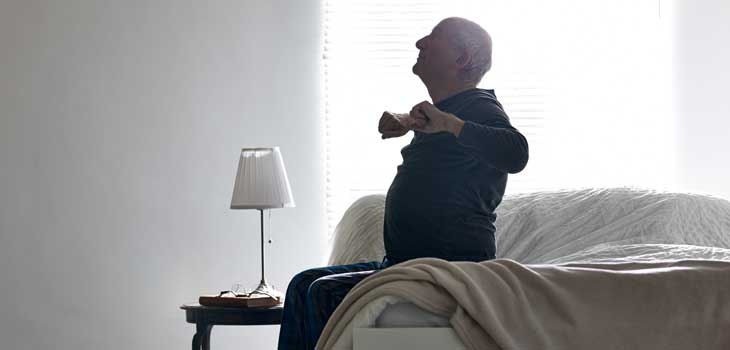
Laura Davidson discusses an urgent Court of Protection hearing held over Skype which demonstrates the powerful & competing rights & interests of care home residents lawfully deprived of their liberty during the coronavirus pandemic
- BP v Surrey County Council and RP [2020] EWCOP 17 considered the ramifications of the current coronavirus pandemic for care home residents lawfully deprived of their liberty under the Deprivation of Liberty Safeguards, and assessed BP’s best interests in terms of residence where his rights under Article 8 were being severely curtailed.
- A subsequent permission hearing is also discussed ([2020] EWCOP 22). NB copy updated: 06 May 2020
BP, a former bookmaker, is 83 years old, deaf, and suffers from Alzheimer’s disease. Safeguarding concerns had been raised due to an allegation that his disease had caused him to be aggressive towards his wife, RP. He had been moved to SH care home as a self-funder in June 2019 following hospital in-patient treatment, but had always objected to his new placement, wishing to return home.









